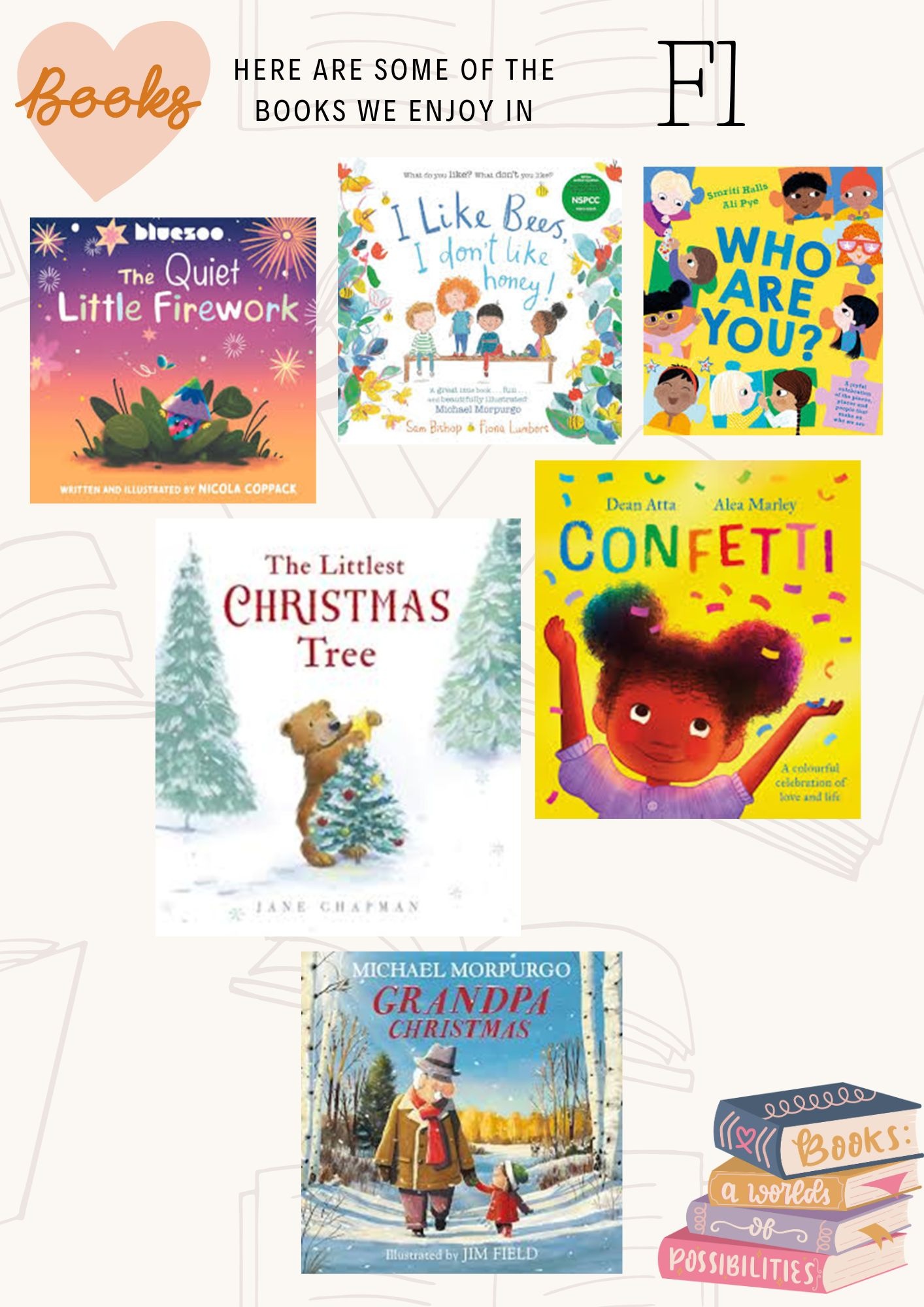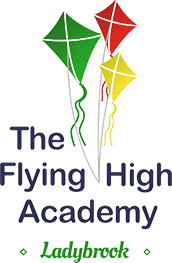Early English
F1 Writing
In F1, early writing begins long before children pick up a pencil. We focus on building the fine and gross motor skills that provide the foundations for confident mark making and, later, independent writing.
Through activities such as climbing, balancing, dancing and outdoor play, children strengthen their larger muscles and coordination. At the same time, we provide opportunities to develop fine motor control through threading, playdough, painting and using a variety of tools. These experiences prepare children’s hands and fingers for holding a pencil effectively.
Mark making is encouraged in many playful ways—whether it’s drawing in sand, painting with big brushes, using chalk outdoors or experimenting with pens and crayons. These first marks are celebrated as the beginnings of writing, helping children to see themselves as capable communicators.
Our approach ensures that writing in F1 is creative, purposeful and fun. By building strong physical skills and confidence in mark making, we give children the very best start on their journey towards becoming writers.
F1 Reading
In F1, the foundations of reading begin with talk, play and a love of stories. Our focus is on developing oracy and vocabulary, helping children to become confident communicators and curious learners.
Singing nursery rhymes, action songs and simple poems is a daily part of our routine. These not only bring joy but also strengthen children’s memory, listening skills and awareness of sounds in language—key stepping stones towards reading.
We also provide a print-rich environment where books, labels, signs and storytelling props surround the children. They see that print carries meaning and begin to make connections between spoken and written words. Shared story times are special opportunities to introduce new vocabulary, spark imagination and encourage children to talk about characters, settings and ideas.
In F1, we use wordless books as a powerful way to support early reading and language development. Children are encouraged to look closely at the pictures, talk about what they see and create their own stories. This sparks imagination and helps them to develop a rich and varied vocabulary.
The books are shared in small groups and one-to-one, giving children the chance to describe characters, settings and events in their own words. Adults in EYFS model language and introduce new vocabulary while also encouraging children to ask questions and share ideas.
The children are given the freedom to be storytellers, building their confidence in speaking and listening while laying strong foundations for reading and comprehension in the future.


